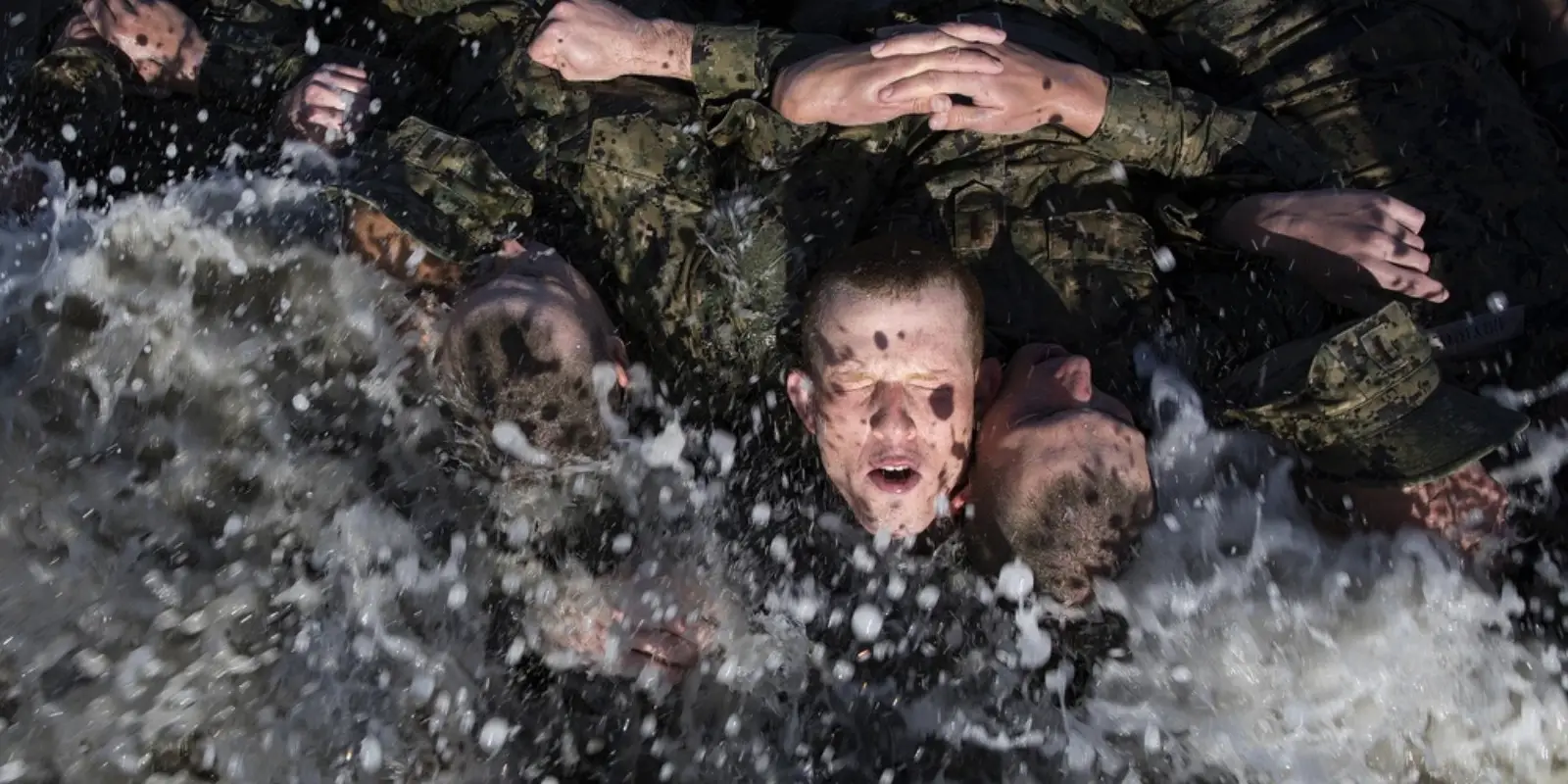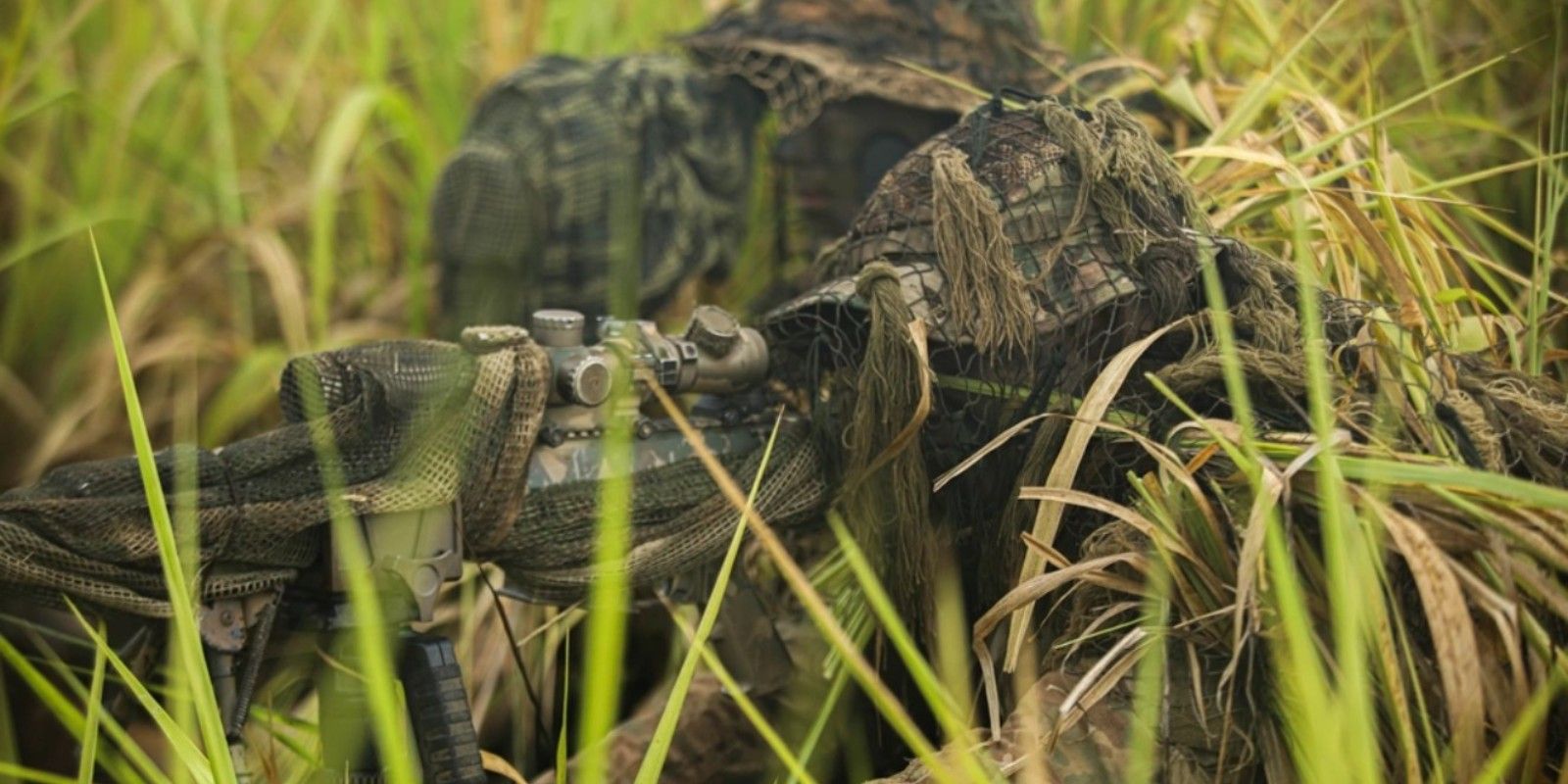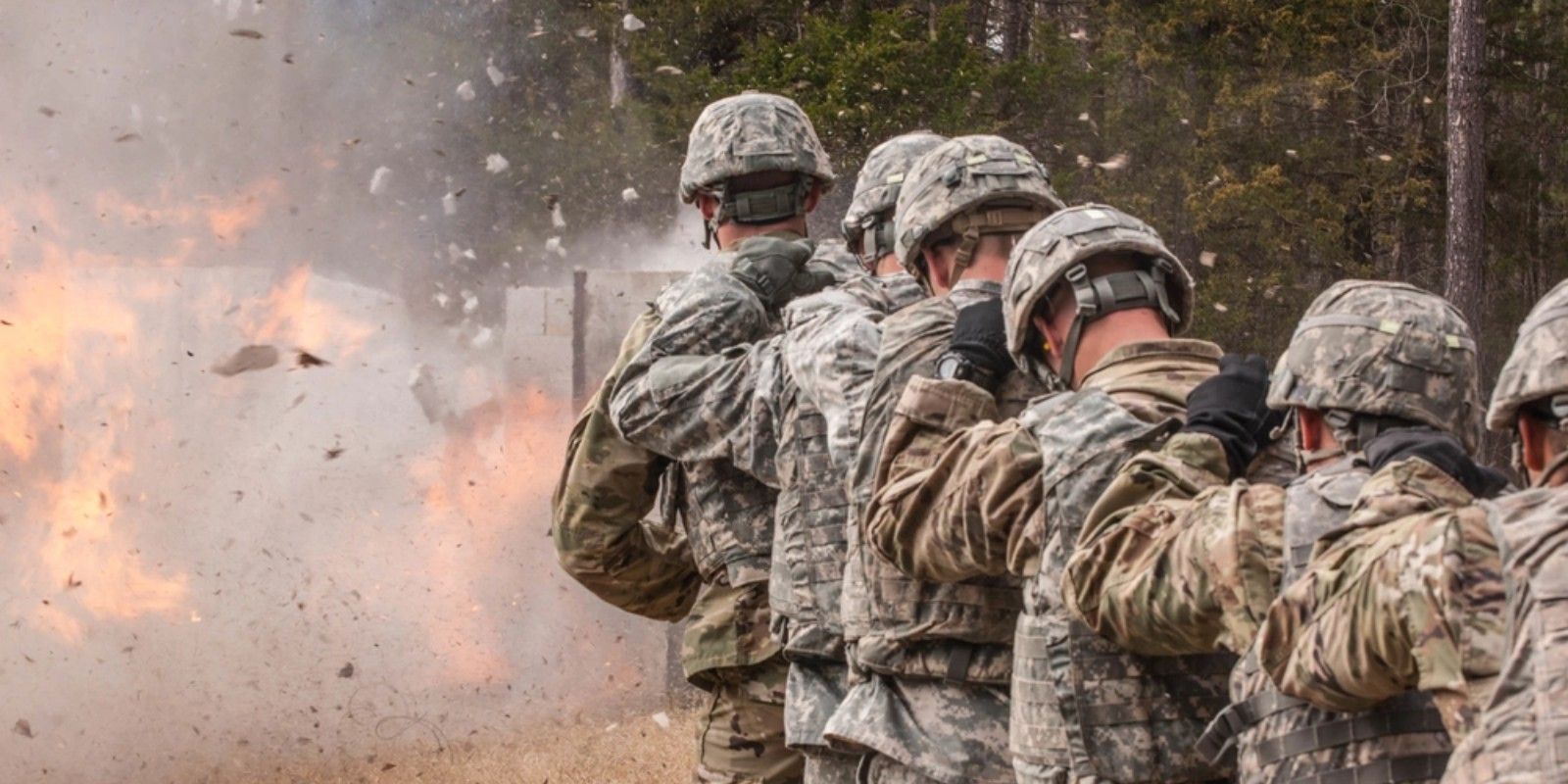AFTER ALL THE HELL WEEK DEATHS, HOW ARE THEY MAKING NAVY TRAINING SAFER?
By Michael Wang

U.S. Navy training is no easy task. Military training pushes the body to its limit to make sure that troops are prepared physically to go into action. However, in some cases, the training can be so intense that a person’s health can be at risk.
Earlier in 2022, a Navy SEAL candidate, Kyle Mullen, died hours after completing his Navy training during Hell Week. This required Navy SEAL training is grueling and puts a lot of pressure on trainees who go through it in the hopes of joining one of the military’s most elite fighting forces.
Following his death, we can't help but wonder if Navy training is too intense and if it should be revisited to be less intensive and prevent any more deaths.
Read about it here:
Navy SEAL Training Accident Leads To Wake-Up Call for ‘Hell Week’What Is Hell Week in Navy Training?
Before we understand how we can make Navy training safer, it's a good opportunity to ask what goes on during “Hell Week.” Hell Week is a five-day period in Navy training that puts trainees through intense physical drills and practices with fewer than four hours of sleep in the hopes of shaping their mindset and endurance so that they can be prepared for any situation that may come their way in the future. During this intense training period, trainees are consistently put in conditions where they have to “run, swim, paddle, and carry boats on their heads, do sit-ups, push-ups, roll in the sand, slog in the mud, paddle boats, and surf passage” in an attempt to test their “mental toughness, pain and cold tolerance, teamwork, attitude, and their ability to perform and work under high physical and mental stress and sleep deprivation.” The intensive Navy training is so grueling that when it’s time to eat, some trainees fall asleep in their food or forget to eat entirely. With a lack of nutrition and sleep, these grueling tasks become even more difficult than they are on a full stomach and with a full eight hours of sleep. On average, 25% of these Navy SEAL candidates make it through Hell Week. And most, if not all, trainees who make it feel extremely accomplished, as they experienced and succeeded at intense training in the most unconventional conditions and grueling practices. The ones who make it out of this training successfully move on to graduate and become SEALs.SEALs Can’t Call 911
Candidates are often hesitant to go to the hospital or seek medical attention for ailments obtained during Hell Week because it could cost them the entire training session and disqualify them from becoming a SEAL. Some are even instructed to NOT call 911 or go to an emergency room, as an outside medical facility may “give you medicines that are not compatible with training." Some may have even been threatened with disqualification if they attempted to do so. However, when Mullen’s case worsened, they caved and called 911. It was said that Mullen died from “acute pneumonia with cardiomegaly,” which served as a catalyst in his rapid decline in health, ultimately killing him. Following his death, this Navy SEAL training accident led many to criticize the Navy SEAL’s practices and their Hell Week training program.What Happened to the Navy Officers Overseeing Mullen’s Training?
Following the death of Mullen, the three Navy officers were reprimanded for their actions and negligence regarding Mullen’s deteriorating health and subsequent death. Captain Bradley Geary, former Commanding Officer of Basic Training Command, Brian Drechsler, Commander of Naval Special Warfare Center, and a senior member of the medical staff had administrative actions taken against them. Normally, this would come in the form of a letter that would tell them what they're doing wrong and how to correct their performance. Further evaluation of the case did not warrant these military officials to be fired.Here's How the Navy Has Been Working To Improve Training
When we look at the Navy SEAL training deaths, many of them have suffered from exhaustion and other health complications that have developed under this intense training period. This was proven true for Kyle Mullen, as his health drastically declined just hours after his completion of the Navy training. When the case was evaluated, commanders did not “directly blame the officers for the death of Kyle Mullen.” However, a Navy investigation prompted a number of changes in how Sailors are monitored during the Navy SEAL training/Hell Week. These include adding cardiology screenings for Navy SEAL candidates, having candidates undergo proactive pneumonia prevention training with an injection of Bicillin, and 24-hour monitoring by medical personnel after their training.What Else Can Be Done To Protect Future SEALs?
Moving forward, the Navy training will include more monitoring of the candidates and screenings. Hell Week takes grit and determination to get through, and although the outcome is rewarding, candidates have to ask themselves at what cost. After Mullen’s death, it served as the driving force for change in the Navy training process. Including proper safety measures would be a great first step to ensure that Hell Week isn't literal hell for those who go through it.Interested? Read more about it here:
Navy SEALs Hell Week Is Hell on EarthThe appearance of U.S. Department of Defense (DoD) visual information does not imply or constitute DoD endorsement. | Photo by Petty Officer 1st Class Abe McNatt | Naval Special Warfare Command
SHARE:
TAGS:
navy
navy
JOIN OUR NEWSLETTER
Get the latest news and military discounts



